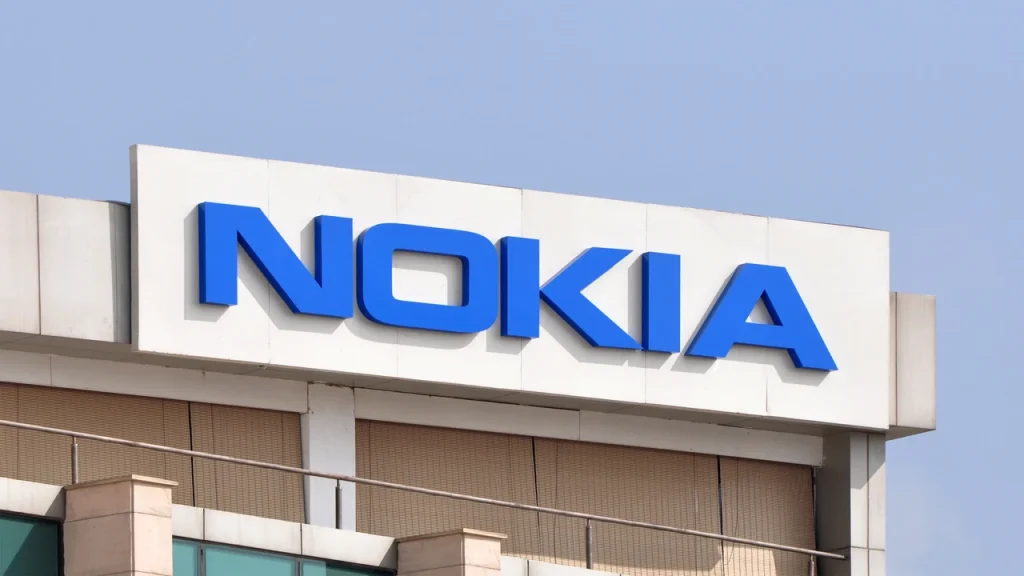- Chinese buyers must now submit Nokia and Ericsson contracts for “black box” national security checks that can take three months or longer, with no transparency on how equipment is assessed
- Nokia and Ericsson’s combined Chinese market share has collapsed from 12 per cent in 2020 to around 4 per cent in 2024, according to Dell’Oro Group
What happened
China is imposing stringent restrictions on European telecom suppliers Nokia and Ericsson, requiring contracts to undergo lengthy national security reviews by the Cyberspace Administration of China (CAC). The process gives Chinese firms, which face no such scrutiny, a significant competitive advantage.
State-backed buyers of IT equipment, including mobile network operators and utilities, must now provide detailed documentation on every component in proposed systems, including information about local content and Chinese research and development efforts. The reviews can extend for three months or more, creating uncertainty that disadvantages European suppliers.
The restrictions stem from a 2022 update to China’s cybersecurity law requiring operators of “critical information infrastructure” to submit purchases with potential security risks for CAC review. President Xi Jinping has accelerated this self-reliance drive, recently declaring that China “does not fear power or coercion” and “stands strongly on its own with self-reliance”.
Why it’s important
The restrictions mirror Europe’s own security concerns about Chinese telecom giants Huawei and ZTE, yet European action has been far more tentative. Whilst the EU Chamber of Commerce in China has described localisation rules as an “existential threat” to European companies, most European countries have hesitated to impose outright bans on Chinese vendors.
The hesitation stems from economic and diplomatic considerations. A 2019 analysis suggested that banning Huawei and ZTE would cost European 5G networks an additional €55 billion, whilst comprehensive bans could strain relations with Beijing. Only 11 EU countries have taken significant 5G security measures against the Chinese firms, with 17 member states failing to fully implement the European Commission’s 5G toolbox recommendations.
The asymmetry has proven costly for European suppliers. Nokia has laid off approximately 2,000 employees in Greater China and plans to cut up to 14,000 jobs globally by 2026, aiming to save between €800 million and €1.2 billion. Ericsson has reported similar revenue declines in the Chinese market.
One industry source questioned the disparity: “If China is restricting access for security reasons, then why doesn’t Europe do the same in return?”

